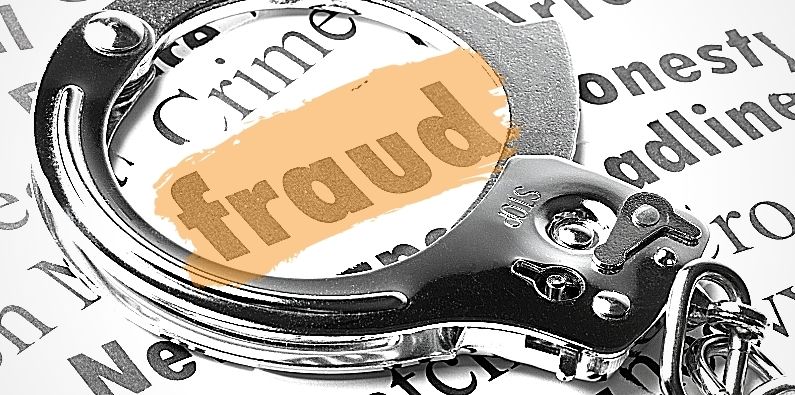The latest KPMG Fraud Barometer shows continuing high levels of accounting fraud affecting businesses across Australia. The most common victims of fraud in the survey were commercial businesses. Whilst the most likely perpetrators were employees or management (accounting for 40 out of 67 cases). While there were more employee frauds, management staff took much higher amounts. This is probably due to their greater ability to avoid internal controls and hide their activities. The most common type of fraud was manipulation of accounting systems. In this instance, there were 18 cases reported in the last half of 2010 totalling over $11 million.
What Can You Do to Protect Yourself from Accounting Fraud?
For most small businesses, the best approaches to accounting fraud are the simple ones. They don’t need to be expensive solutions. Accounting fraud prevention is about vigilance, keeping your eye on the ball and knowing what’s happening in your business. Here are my 7 steps you can put in place to help protect yourself:
1. Regularly Review your Accounting Reports
Use the reports in your MYOB, that’s what they are there for! On a monthly (or even better, weekly) basis review a Profit & Loss report, Payables Reconciliation Summary, Receivables Reconciliation Summary and Payroll Summary. Those four will give you a good start.
2. Question any Abnormalities
Ask your bookkeeper or managers about anything that looks unusual. There will mostly be reasonable explanations but just asking will remind them that you are watching; that you do take notice of what goes on.
3. Set a Budget
Then compare actuals to budget each month. Ask questions about any variances. For smaller businesses the budgeting in MYOB is enough for your needs but if you need something more advanced there are third-party products which integrate with your MYOB file and make the process simpler. Another advantage of an external budgeting system is that you can separate control of the budgets from control of the accounts.
4. Review your Payment Processes
A high degree of trust is important in small business but it shouldn’t be careless trust. Payments should be reviewed and authorised before they are made.
5. Pay for a Periodic Health Check
If you have an internal bookkeeper, consider using an MYOB Certified Consultant to run a health check and prepare the final BAS each month or quarter. You’ll get the advantage of someone else looking over the books which far outweighs the risk of not doing so and helps with the prevention of accounting fraud.
6. Relieve your Accounting Staff
Make sure your bookkeeper and managers take holidays every year . In other words, get someone else to fill their role in that time. People involved in ongoing fraud are often very reluctant to take time off (and can appear to be the most dedicated employees for just that reason).
7. Create a Culture of Honesty
Firstly, be totally honest with yourself – this is the most important one. If you don’t want your staff to cheat, you can’t be seen to be cheating yourself or you will create a culture where this type of behaviour is acceptable. Keep your hands out of the till and the staff won’t be tempted. It’s one less opportunity for accounting fraud.
The Role of Internal Audits to Prevent Accounting Fraud
Besides doing a regular risk analysis, it is important to stay in touch with your accounts. As a small business operator, I often have to remind myself to take my eyes off operational matters and dedicate time to reviewing the books. I see this as one of my more important responsibilities both as the CEO but also as the employer to guarantee the continued health of our organisation. Who can afford to lose all that hard work? I know I can’t – and nor can our customers.
Read about the importance of Internal Controls in Fraud Prevention.
